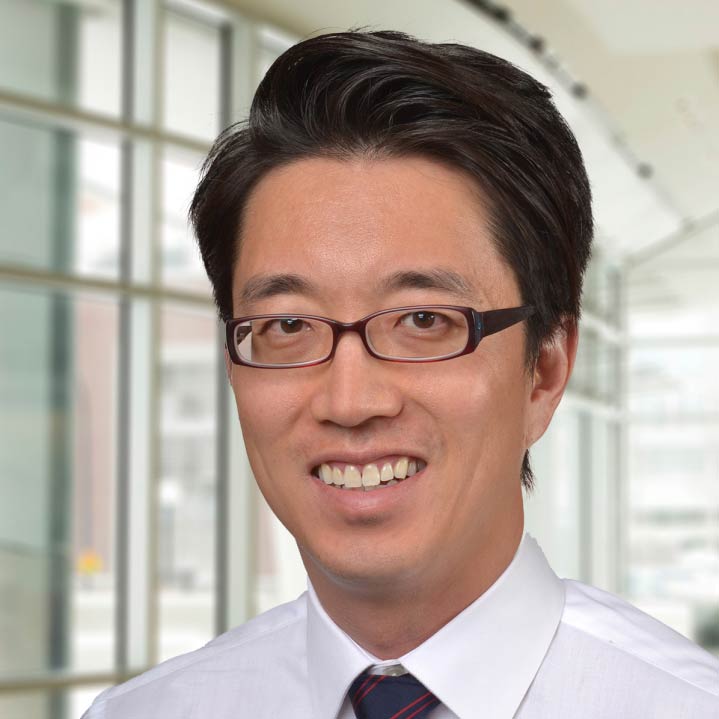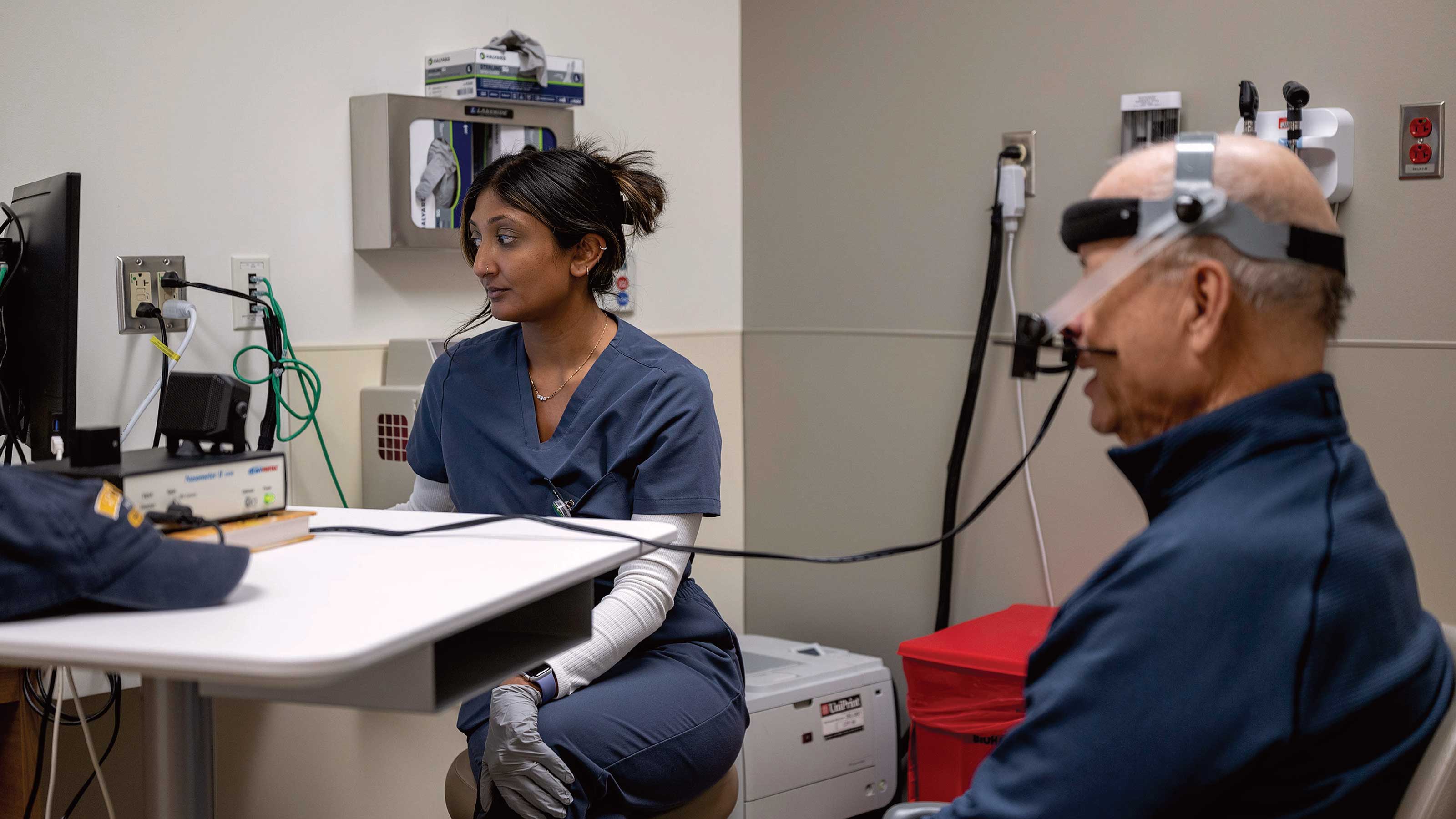
A new school year is beginning, and that means both parents and children will have to reset their sleep schedules for early morning bus pickups and car lines.
If you don’t slowly align sleep schedules before the start of school, it can result in delayed sleep-wake phase disorder. This occurs when the timing of wake and sleep during the summer isn’t aligned with the timing of school schedules. The result is difficulty waking up in the morning and difficulty falling asleep at an earlier time.
About 70 million Americans suffer from sleep problems. Not getting enough shuteye can lead to other health problems, including injuries, chronic diseases, mental illnesses and less productivity, according to the Centers for Disease Control and Prevention.
Circadian rhythm sleep disorders
Circadian rhythm is the natural “sleep clock” we all have that determines when we naturally feel awake and sleepy. This cycle runs a little over 24 hours. It helps set the pattern of wake and sleep that takes place daily. A circadian rhythm disorder is when our sleep clock isn’t the same as our environmental schedule. Some types of circadian disorders include delayed, advanced, irregular, non-24-hour, shift work and jet lag disorder. Two of the most common circadian rhythm disorders that may affect children are:
Delayed circadian rhythm sleep-wake disorder, which occurs when the person’s internal sleep rhythm or sleep clock is delayed from when they have to go to bed and wake up. For example, a person needs to go to bed at 10 p.m. and get up at 7 a.m. for school but their internal rhythm is such that they don’t feel sleepy until 2 a.m. and want to sleep until 10 a.m.
Irregular sleep-wake disorder, which is frequently observed in people with developmental disabilities. These patients have completely disorganized sleep-wake patterns, and it’s difficult to discern a circadian rhythm. They may have daytime sleepiness along with sleep difficulties at night. The cause isn’t clearly known, but it may be related to anatomical abnormalities of the circadian clock while also being influenced by environmental factors, such as the lack of a stable activity schedule and daily routine.
Improve your sleep
Ensuring quality sleep is crucial for students in schools with especially early hours.
While the American Academy of Pediatrics recommends that middle and high schools start class at 8:30 a.m. or later to encourage adequate sleep, many schools have even earlier start times.
It's not just students, but parents can benefit from more sleep. These tips below can help anyone struggling to get enough Zzzzz's.
1 Set up a sleep routine.
Giving yourself a wind down time of at least 30 minutes of low-key activity in dim light can help your brain get ready for sleep.
2 Have a regular time in and out of bed that matches your time asleep.
By not spending excessive time in bed awake, it can help your brain associate your bed with sleep. If you spend a lot of time in bed awake it can lead to anxiety about sleep, which can cause more sleep issues.
3 Sleep only in your bed and use your bed for sleeping only.
You want your brain to connect your bed with sleep. By not sleeping in other places, you help strengthen your brain’s association with your bed and sleep.
4 Avoid electronics in bed when you are unable to sleep.
Electronics, with bright screens, are alerting. Instead, try reading a non-stimulating book on paper or listening to music. Books on tape or podcasts that are not stimulating can also help pass the time if you’re struggling to sleep.
5 Avoid caffeine.
Caffeine can last 10-12 hours so it’s best to stop caffeine around noon or so.
6 Avoid alcohol before bed.
Alcohol can make your sleep fragmented and unrefreshing.
7 Make sure the room is dark during your sleep time.
Expose yourself to bright light when you wake up and throughout the day. Darkness and light send strong signals to your brain about when you want to be asleep and when you want to be awake.
If you still need help, you should look for a board-certified sleep specialist. Someone who has completed a sleep medicine fellowship would be best suited to help you with sleep problems.

Take charge of your sleep
Learn more about the causes of sleep disorders and treatment options available at Ohio State
Take charge today





